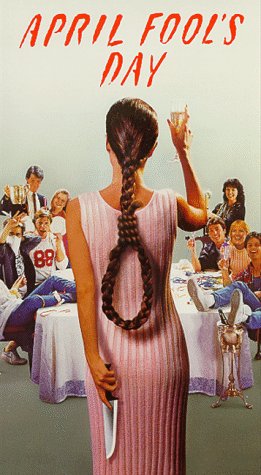April fools
April 1, in many Western countries traditionally an
occasion for playing tricks. This custom has been observed for hundreds of
years, but its origin is unknown. Ancient cultures, including those of the
Romans and Hindus, celebrated New Year's Day on or around April 1. It closely
follows the vernal equinox (March 20th or March 21st.) In medieval times, much
of Europe celebrated March 25, the Feast of Annunciation, as the beginning of
the New Year. In 1582, Pope Gregory XIII ordered a new calendar (the Gregorian calendar)
to replace the old Julian calendar. The new calendar called for New Year's Day
to be celebrated Jan. 1. That year, France adopted the reformed calendar and
shifted New Year's day to Jan. 1. According to a popular explanation, many
people either refused to accept the new date, or did not learn about it, and
continued to celebrate New Year's Day on April 1. Other people began to make
fun of these traditionalists, sending them on "fool's errands" or
trying to trick them into believing something false. Eventually, the practice
spread throughout Europe. April fools has its cons and pros, like would you
rather be humiliated or humiliate someone else. it can be kind of dangerous if
someone falls for it but once they find out it’s a joke they can decide whether
they react in the moment or not.

No comments:
Post a Comment